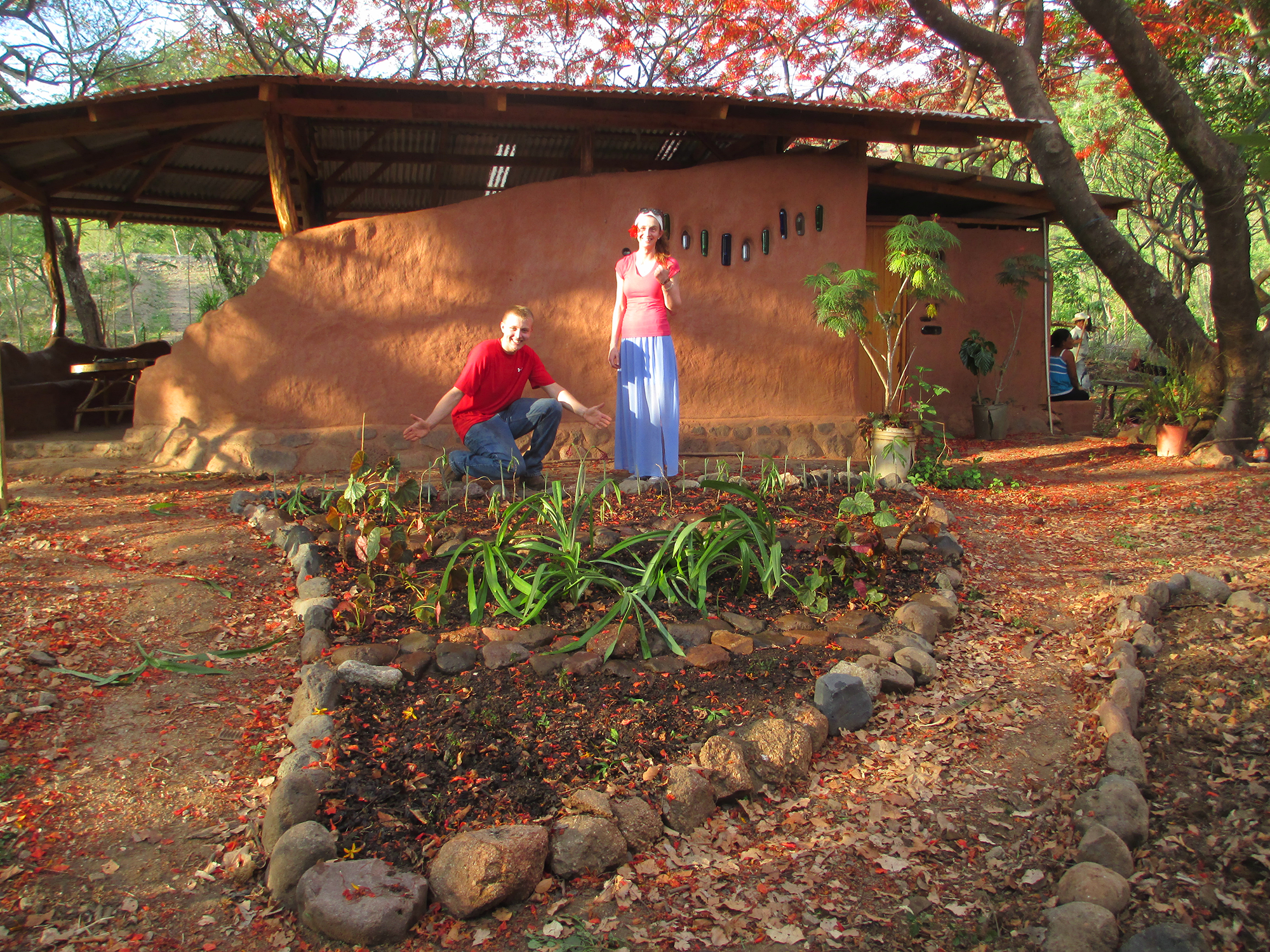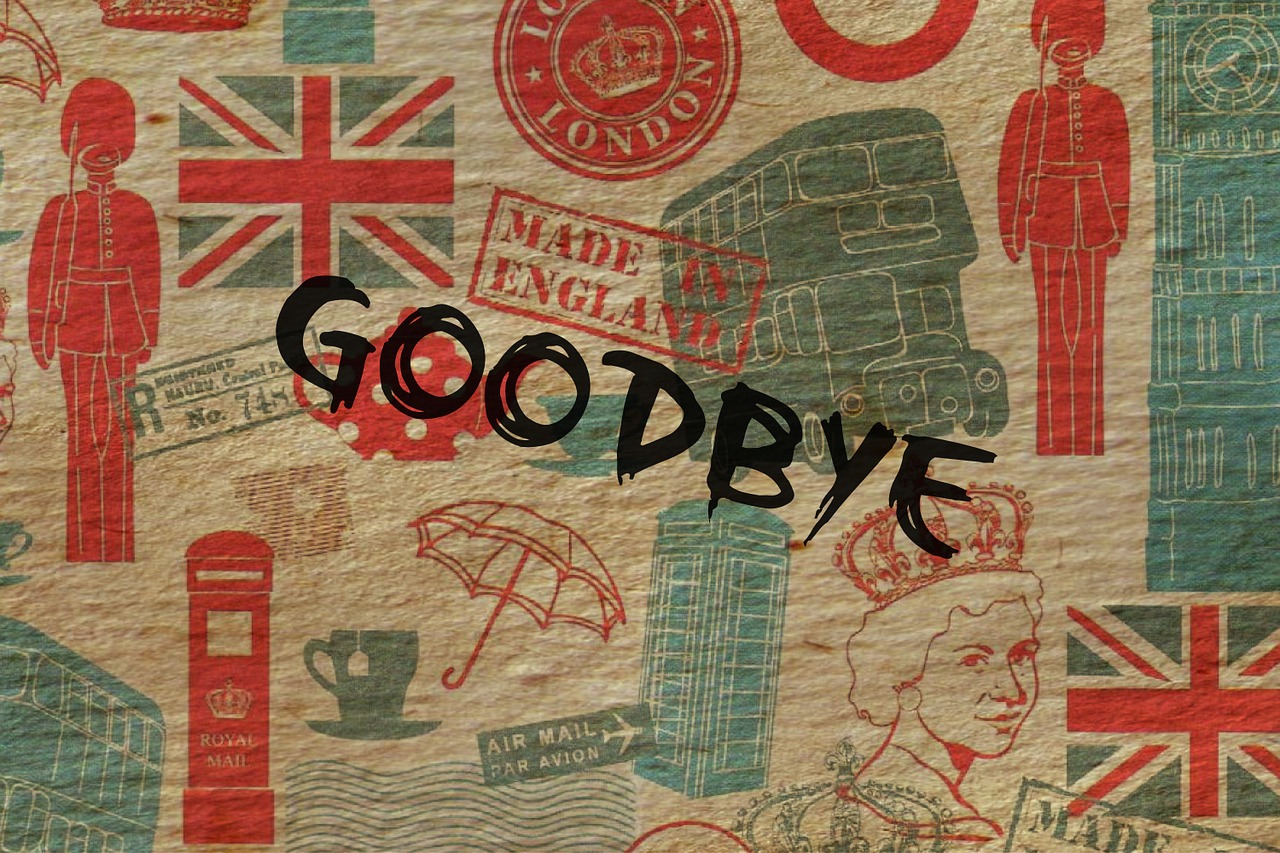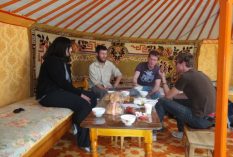I’ll never forget one particular contract negotiation in Addis Ababa about two years ago. I had just finished pitching the CEO and vice-president of a large hotel, and they turned to each other to discuss the offer in Amharic, the national language of Ethiopia.
At the time, I wasn’t any old tourist in Ethiopia. I had been working there for several months, engaging with government leaders up to the level of Deputy Prime Minister, making a circle of Ethiopian friends, and studying the local language, as well.
So when I politely entered their conversation to adjust my offer and say (in Amharic) that we were perfectly open to negotiation, their reaction was priceless. It was also one of the moments where I’ve come closest to being able to essentially quantify the value of travelling conscientiously, slowly, and meaningfully — in the form of a contract. It was living proof that I had earned someone’s trust in a foreign place. I had achieved real results on a professional level, which benefited both sides of the transaction, but I was also able to experience the personal joy of deepened relationships and a sharpened sense of self-confidence in my ability to know when and how to use my acquired local knowledge.
This is what employers look for when they’re hiring someone with international experience for an assignment. They want to know: were you a tourist, simply on a vacation that went on your resume as “study abroad” or “internship abroad,” or did you sink your teeth into the new environment and culture and come out with experiences that have fundamentally changed how you’ll work for the rest of your life, whether at home or abroad?
When I was interviewing for a job in management consulting, being able to tell stories of working with a team of a dozen Egyptians in the Cairo office of a global non-profit during my summer internship went way further than any generalisation about how travelling to a foreign country opened my eyes or changed my perspective. I had firsthand stories that no one else could tell. I had stories that had real context, that were rooted in direct experience that went past a surface-level assessment of a place. I’ve even worked my time volunteering on an organic farm in southern India while I was on an 8-month backpacking trip through Asia into a job interview. The farm had an incredibly disorganised labour system on it, and I worked with the Tamil owner to develop a better process for using volunteers and measuring their contribution.
Those kinds of experiences are what we mean when we talk about using time to travel meaningfully to build life-long insights that will benefit you both personally and in the job market.
How can I travel meaningfully?
Many fresh college graduates or professionals in their first job or two out of school worry that taking time off could be a career setback, but taking time off that is purposeful and well-planned can actually help clarify personal and professional goals and facilitate a successful transition into new employment or educational opportunities.
If it turns out that deliberate travel experiences can help accelerate your career and set you apart in the job market, you might be inclined to ask, how can I make sure I’m travelling purposefully?
Start by thinking about how you can tie your interests or previous academic or professional life into a stand-out international experience. Have you always wanted to learn a new language? Write a book? Learn some new skill? Land an international internship? Volunteer? Make a documentary? Dedicate time to an old hobby? Tying your interests directly into a mission-driven travel experience is not only more impressive and translatable into subsequent professional pursuits, but it’s far more rewarding.
You can also approach travel with more of an investment perspective. If you’re interested in doing business in Latin America and already speak Spanish, spend a few months learning Portuguese in Brazil. If you’re studying international development, find an internship at a non-profit organisation. If you want to work in the field of education, volunteer at a school or a think-tank in a country with real educational challenges. This type of travelling is an investment in your personal and professional skill sets and will help your resume stand out in a competitive job pool.
Before departing, ask yourself, “Is this probably going to have a long-term impact on me? Am I maximising my potential? Am I pushing my boundaries? Am I going to truly engage with a new community and culture? Can I readily translate this into my vision of my future professional life?”
Remember, it’s not about how far you go, how many countries you see, and how quickly you get there, but about the depth of your adventure.
What skills can I develop by travelling meaningfully?
Remember that interview with a management consulting firm I told you about where I was sharing stories of working in Egypt during a summer internship? I got the job, straight out of undergrad with a liberal arts degree and no corporate experience. So how on Earth did I manage that?
Looking back, I think it was in large part because I had highly differentiated — and highly international — experience. In addition to running the marketing initiatives for the Ashoka Foundation’s Middle Eastern office, I had spent other summers giving eye exams and selling low-cost eye glasses in high-altitude villages in Guatemala and studying economics in Singapore. I was able to translate the skills I developed overseas in these completely unrelated industries into the consulting world. I drew the connection between helping design a business plan for weaving collectives in Guatemala and doing the same for a Fortune 500 client. I made coordinating the logistics of a large non-profit conference in Cairo tie into communication and organisational abilities that would be useful for project management work at a huge multinational company.
To help you do the same, here are some of the key skills you can gain from international experience that I’ve found are most interesting to potential employers:
- Sense of ownership over decision-making
- Creative problem-solving
- Strong cross-cultural communication
- Foreign language skills (Possibly)
- High tolerance for discomfort, uncertainty, and diversity
- Confidence to navigate complex situations
- Sense of humour and humility in the face of challenges or failures
- Enhanced ability to build relationships with people of all ages and backgrounds
- Enriched firsthand understanding of the world
- Well-developed global consciousness
- Increased maturity and self-awareness
- Enhanced understanding of one’s potential
- Courage to take risks and explore unconventional pathways
- Confidence with negotiation and navigating bureaucracy
- Access to a global network
- High degree of independence
Employers know that most of these skills are unteachable in a classroom or office setting, and people who have travelled internationally usually have an accelerated track record of developing this kind of experience. Not to mention, prior professional experience overseas is almost always a requirement if you’re looking to launch a global career, so if you’ve been abroad at all, you’re already on the right track. You just need to make sure how you communicate what was meaningful about your travels comes across.
What do employers think?
Hiring managers know that international experience not only comes with the aforementioned skill sets, but these experiences often translate into an aptitude for building trust with important stakeholders, adapting to change, handling stress, and winning over clients. “When we talk to candidates, what’s important for us in global investments is people who have an understanding of different cultures, the different ways they communicate and do business,” said Ruth Ferguson, a senior vice president and human resources executive at Bank of America Merrill Lynch, in an article for the Financial Times.
The managing director for the UK, North America, and the Middle East at search firm Michael Page told the Times, “Companies are operating over so many international boundaries, so the more languages and experience with different cultures you can bring to a company, the more you can help expand its global reach.”
Ben Snearls, a senior manager at Badenoch & Clark agrees. “If you have international work experience, you’re likely to be confident and have an outgoing personality, which helps you engage with stakeholders.”
Clearly, employers recognise the value of meaningful time spent overseas, and they have plenty of need for job candidates with these skill sets. Professional services firm Pricewaterhouse Coopers told the Financial Times that they predict their need for employees to tackle global assignments will increase by 50% over the next 10 years — and that’s just one company.
You’re going to stand out
If you make the leap to travel purposefully, the truth is, you’re certainly going to wind up with unique experiences that distinguish you from virtually all other candidates on the job market. The skills you develop are both widely recognised and in demand by employers, especially because ordinary job seekers haven’t made time or summoned the courage to seek out meaningful exploration and adventure.
Next week we continue with Part 2: How to use your meaningful travel experience to actually get hired!













